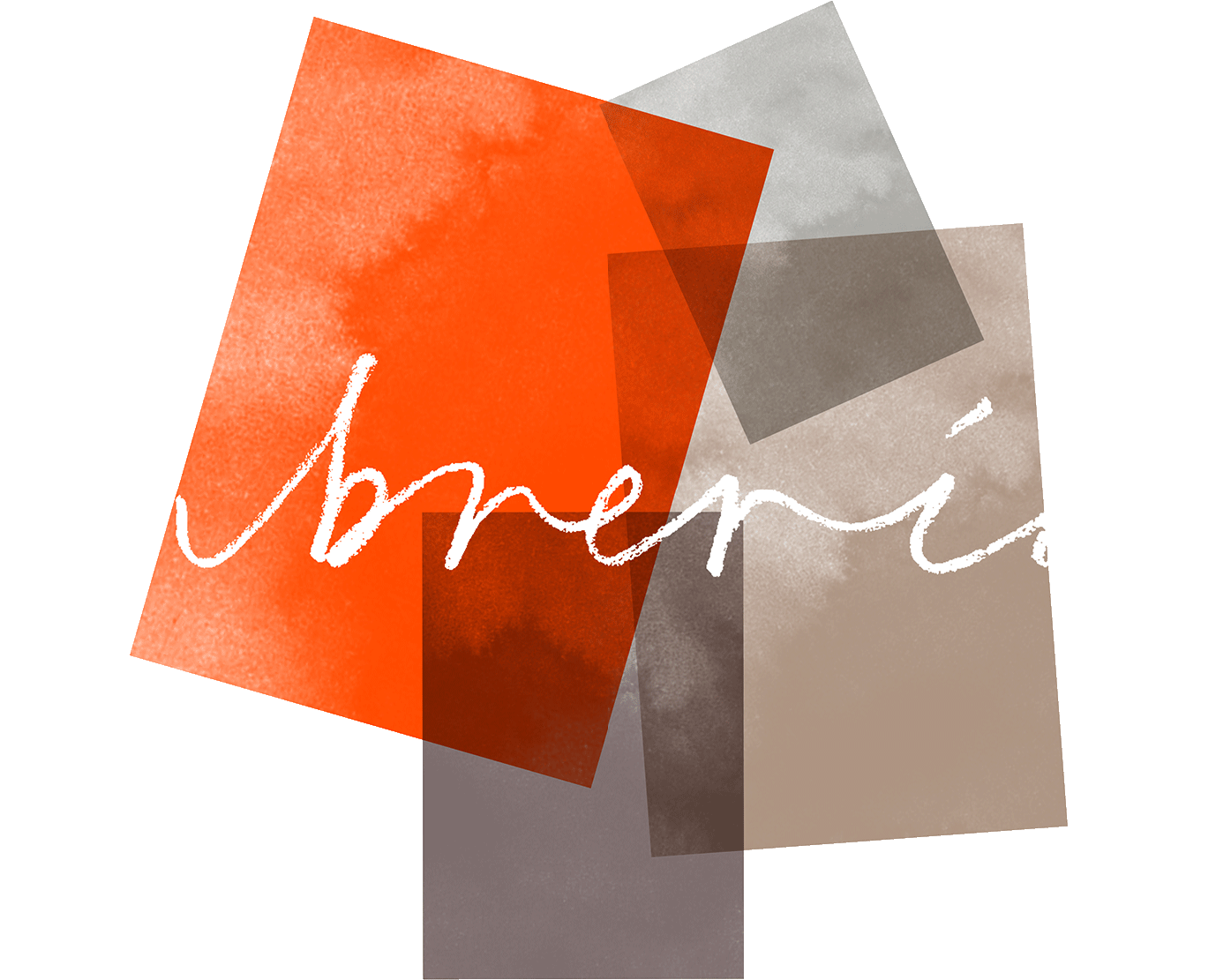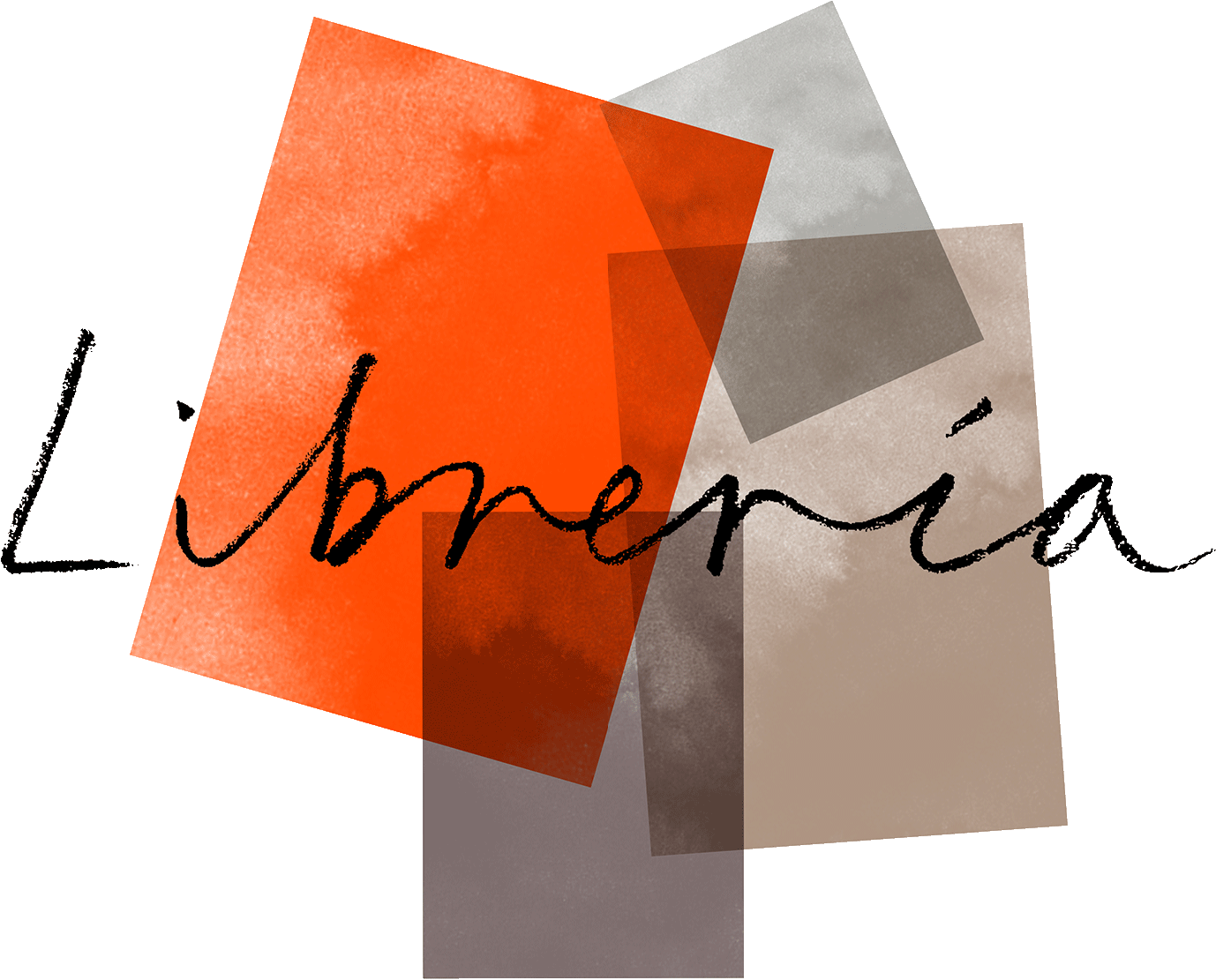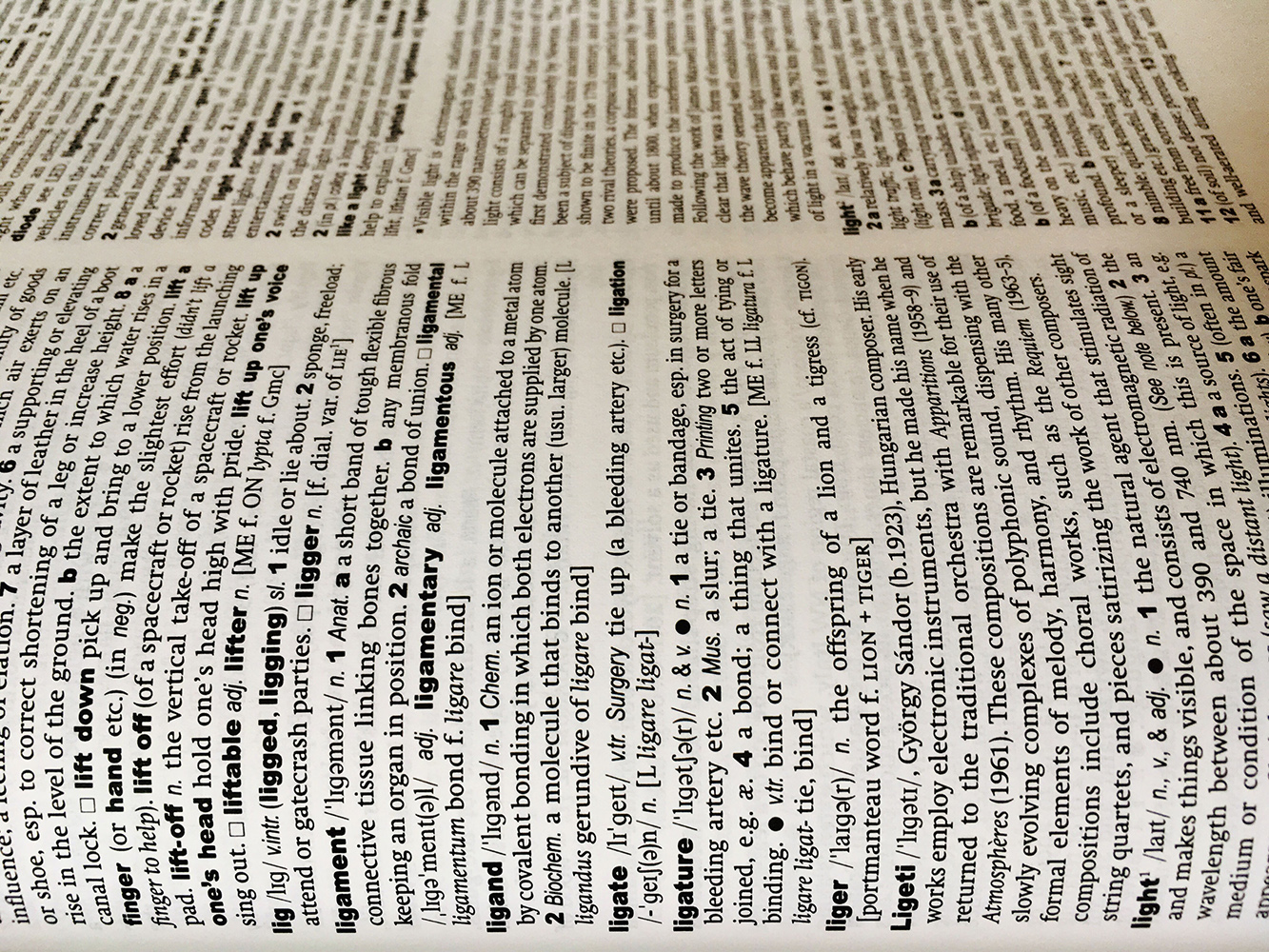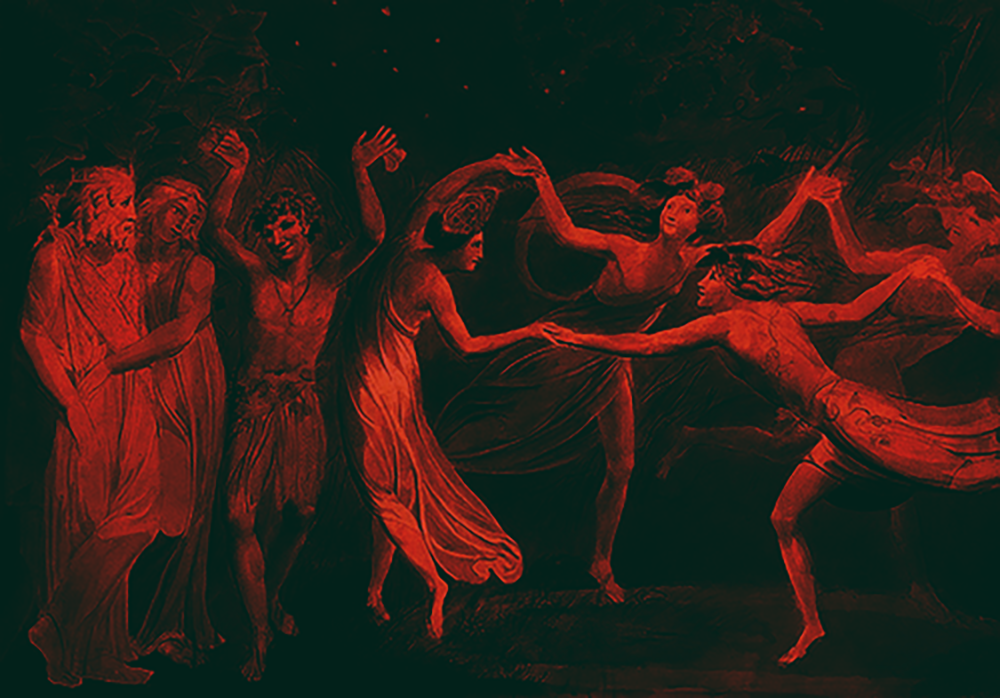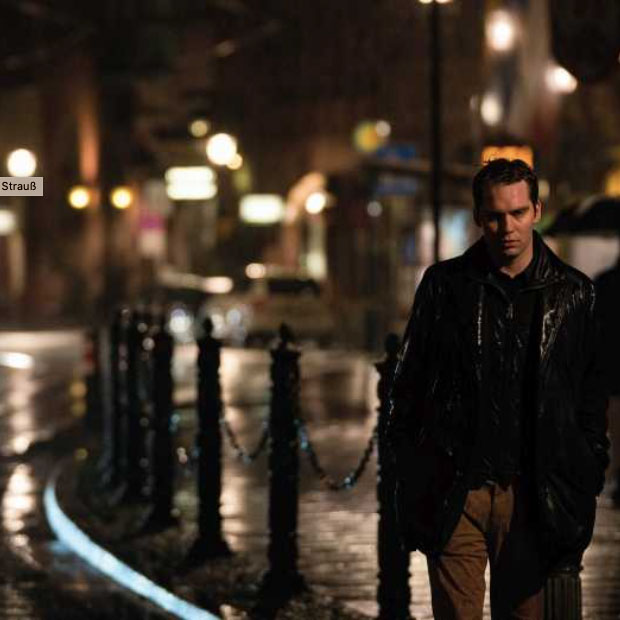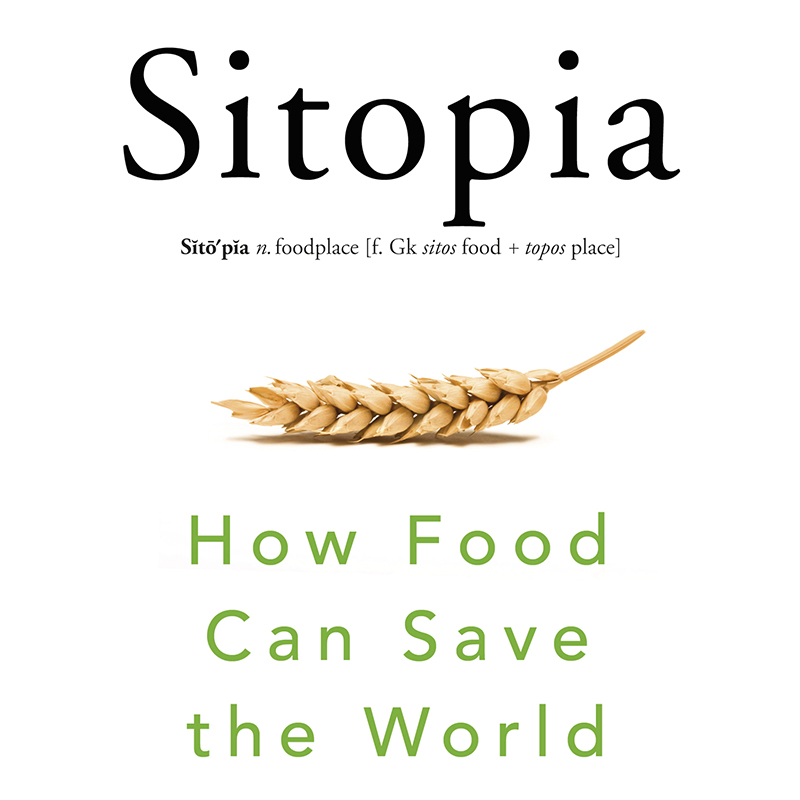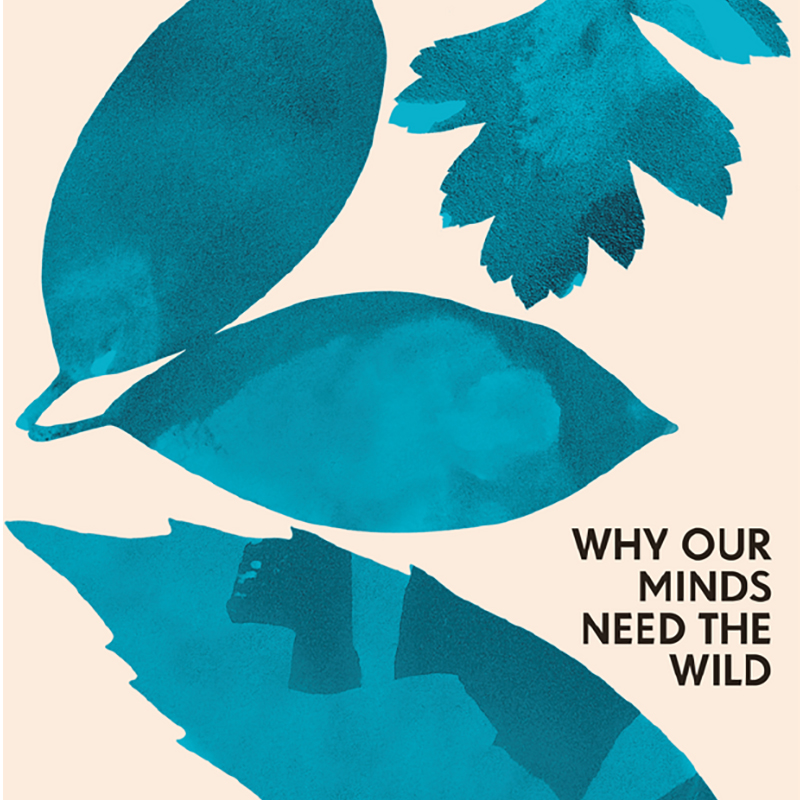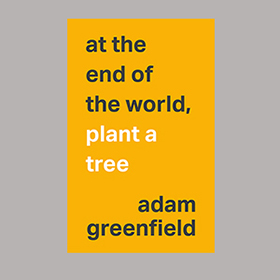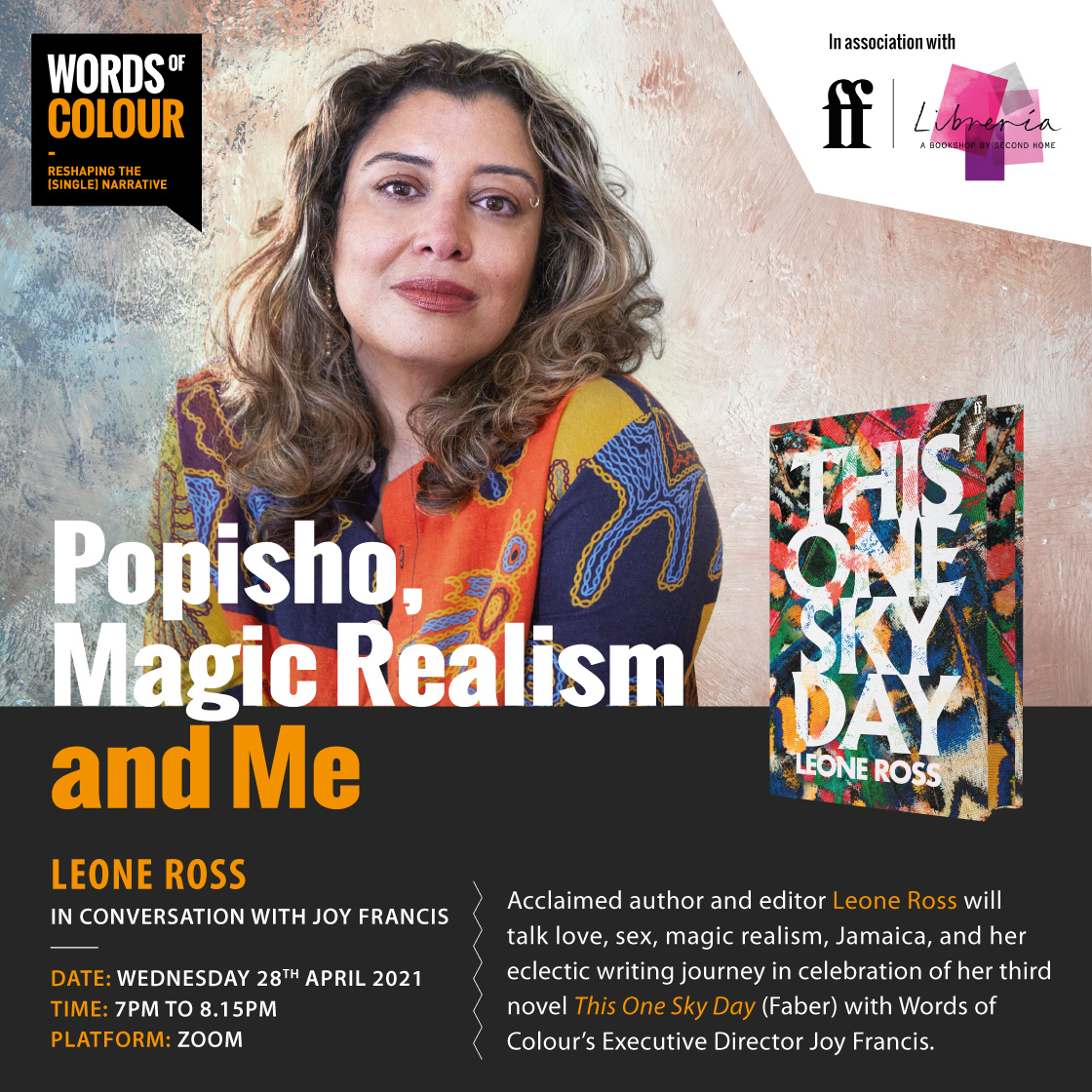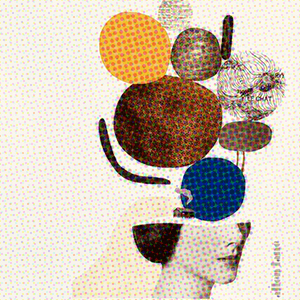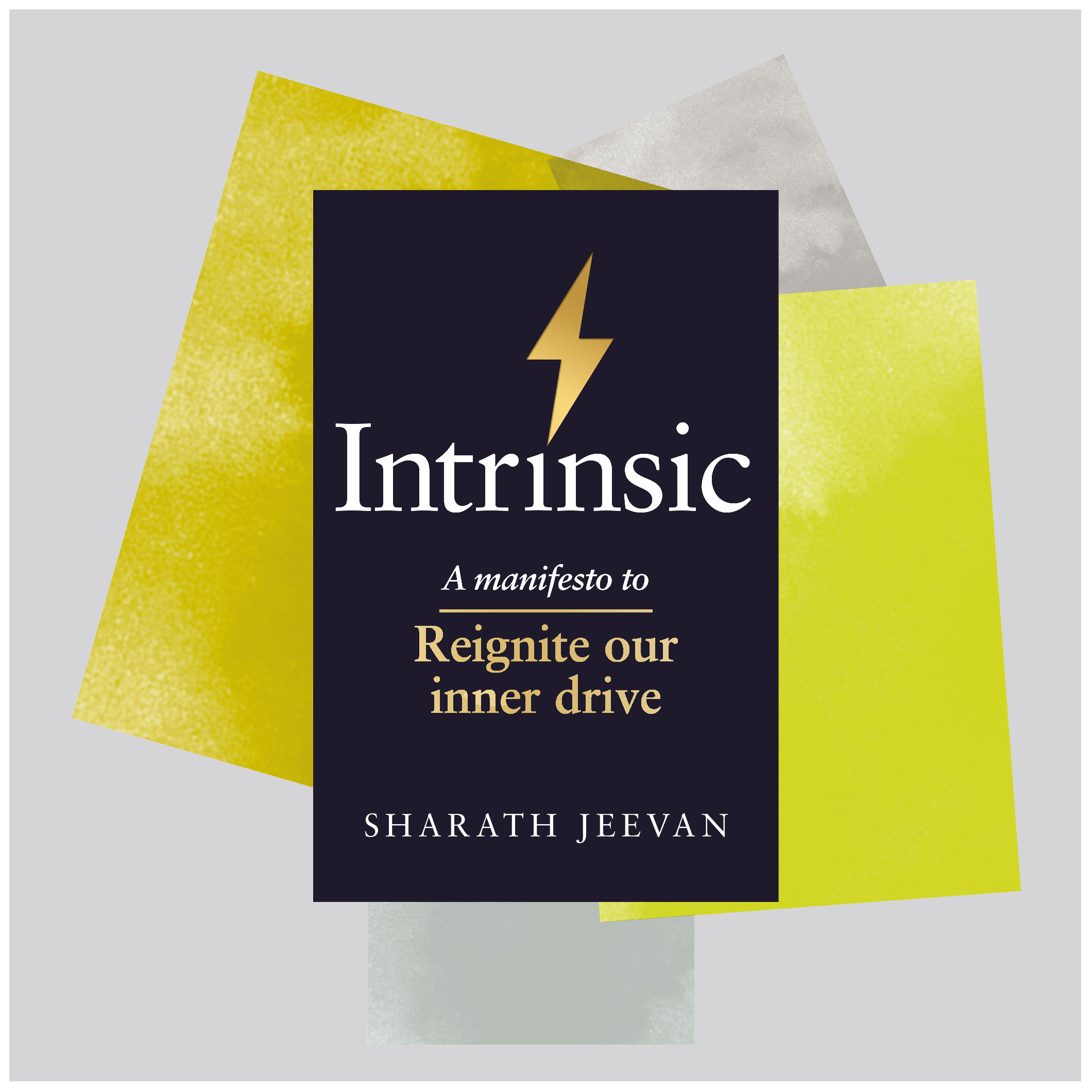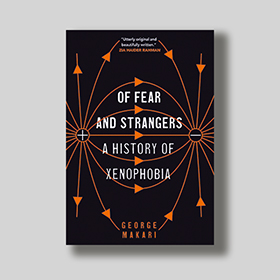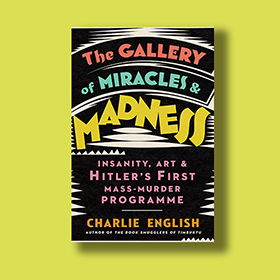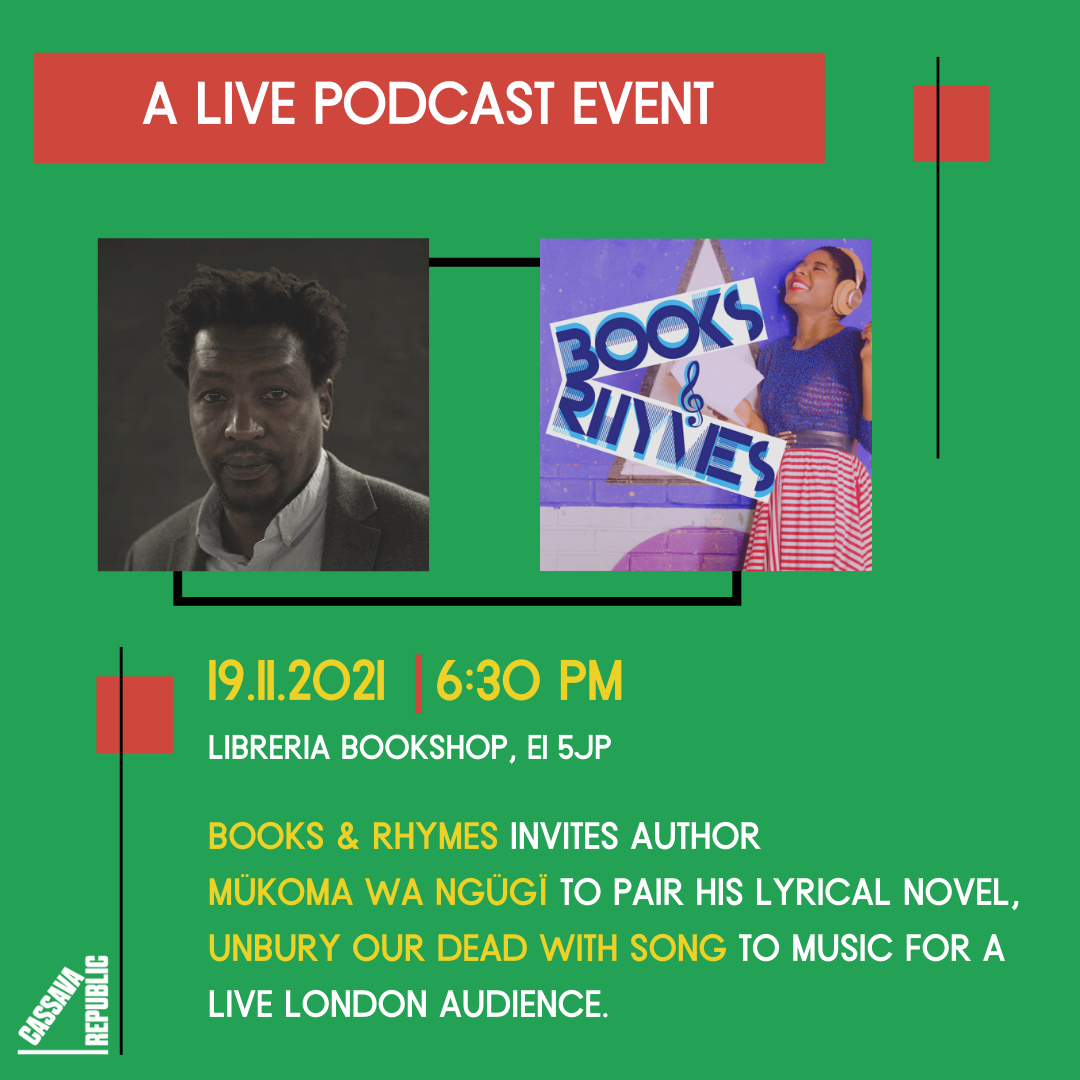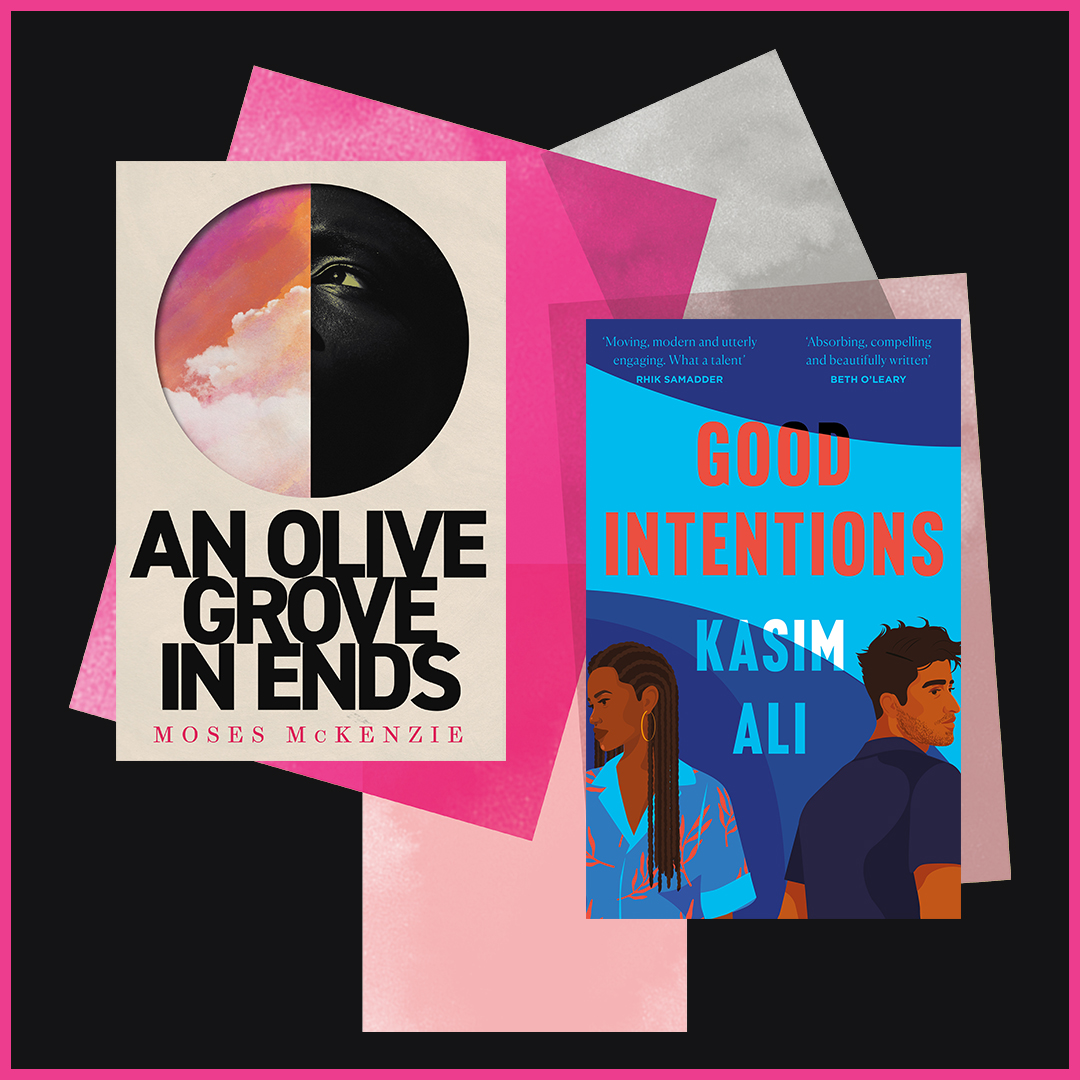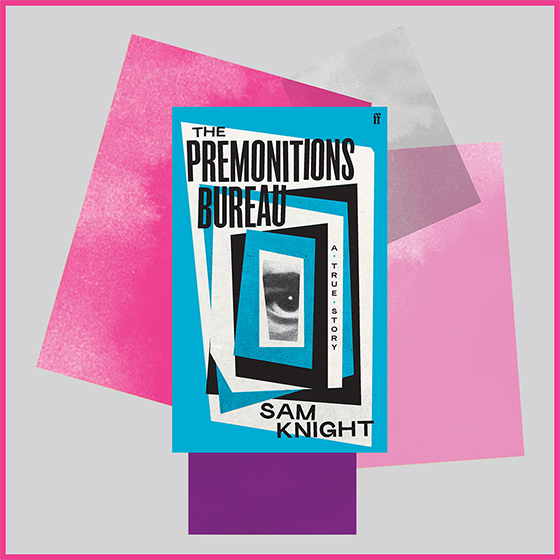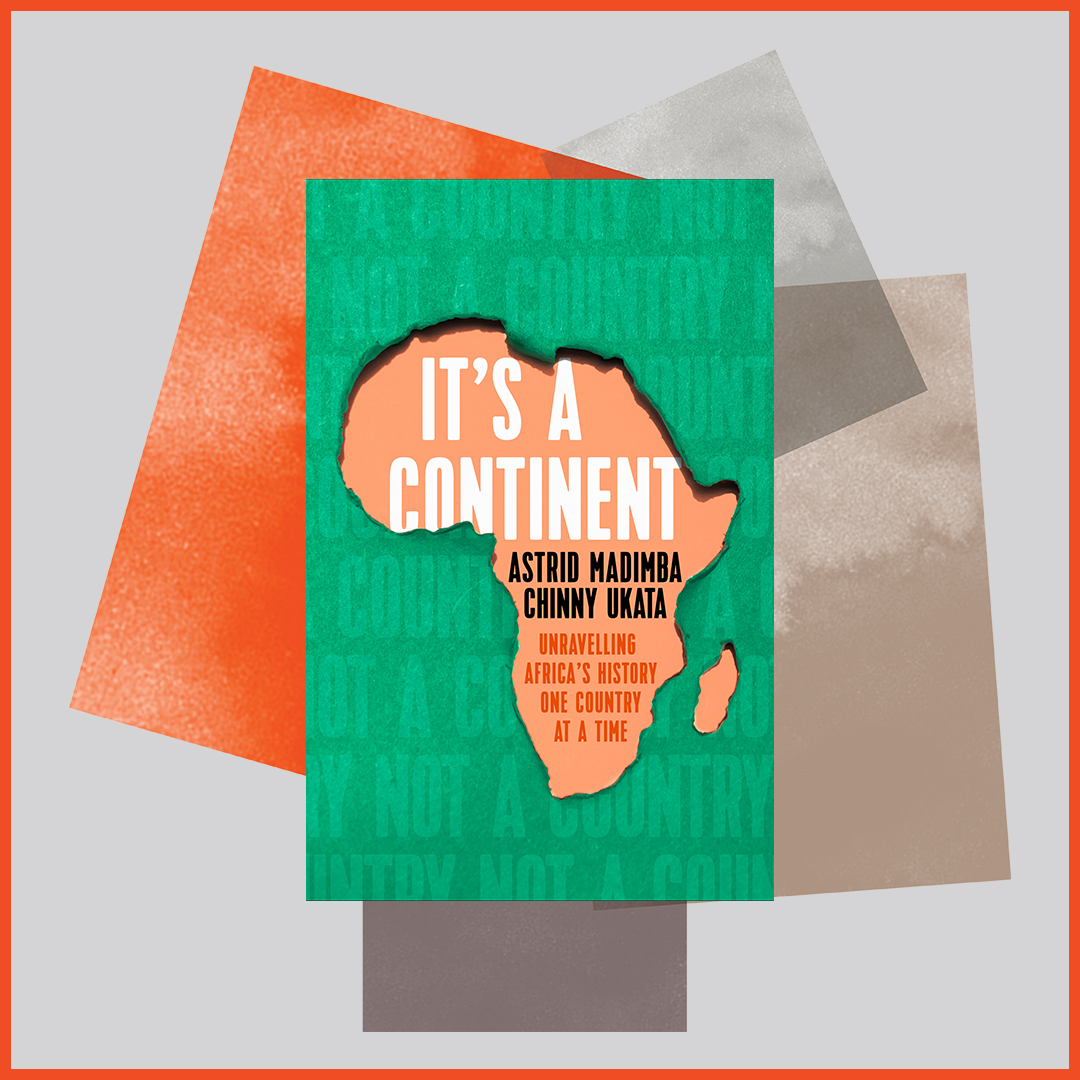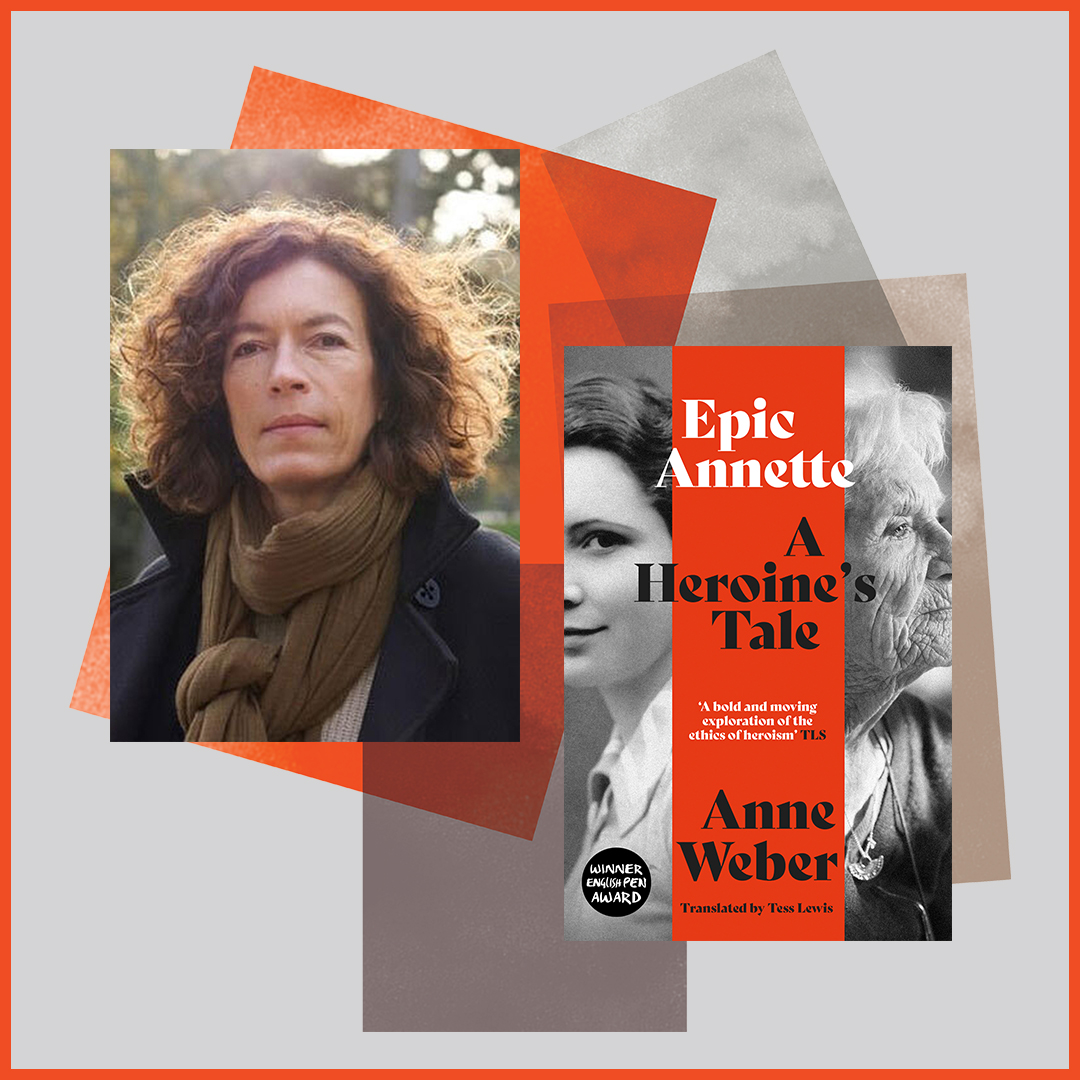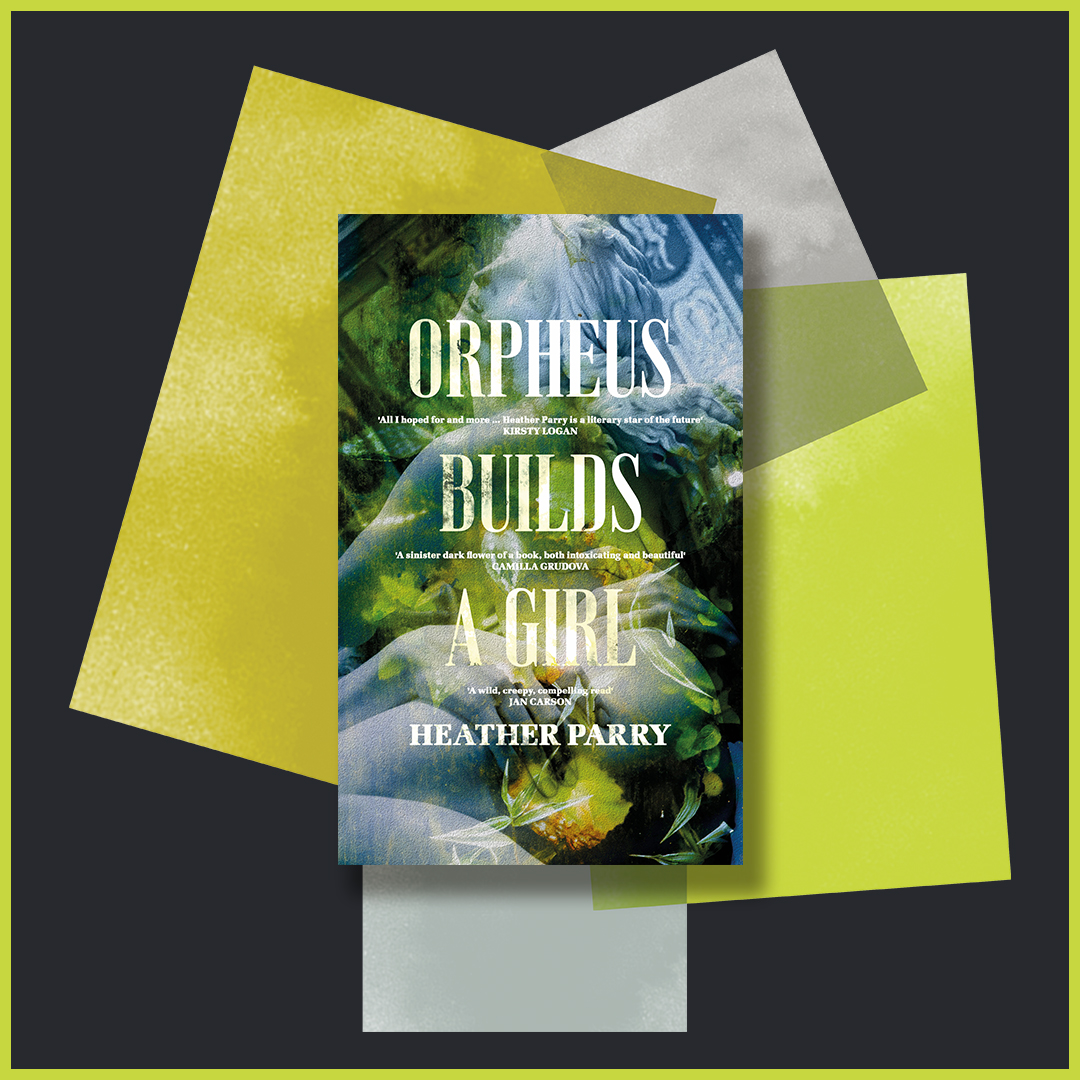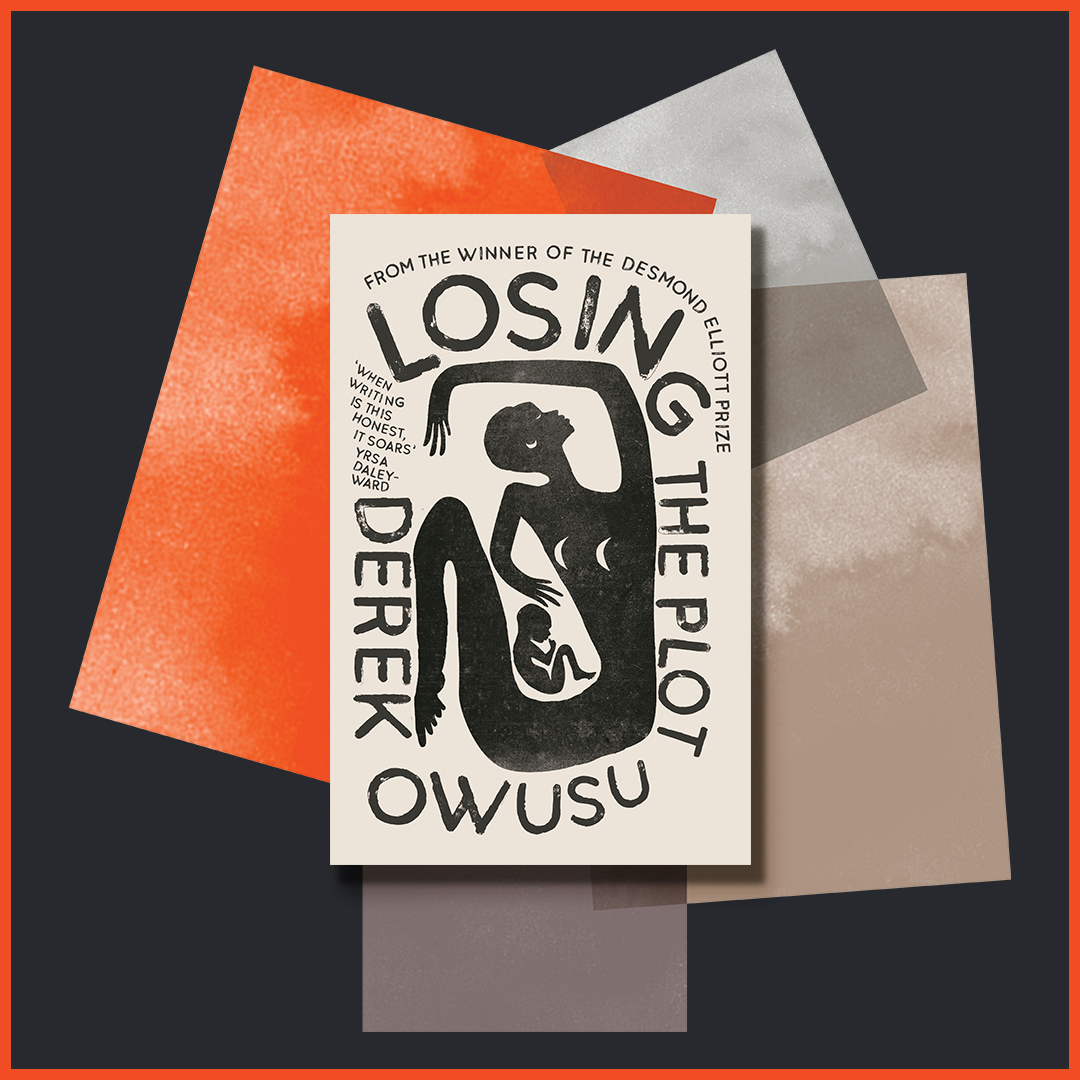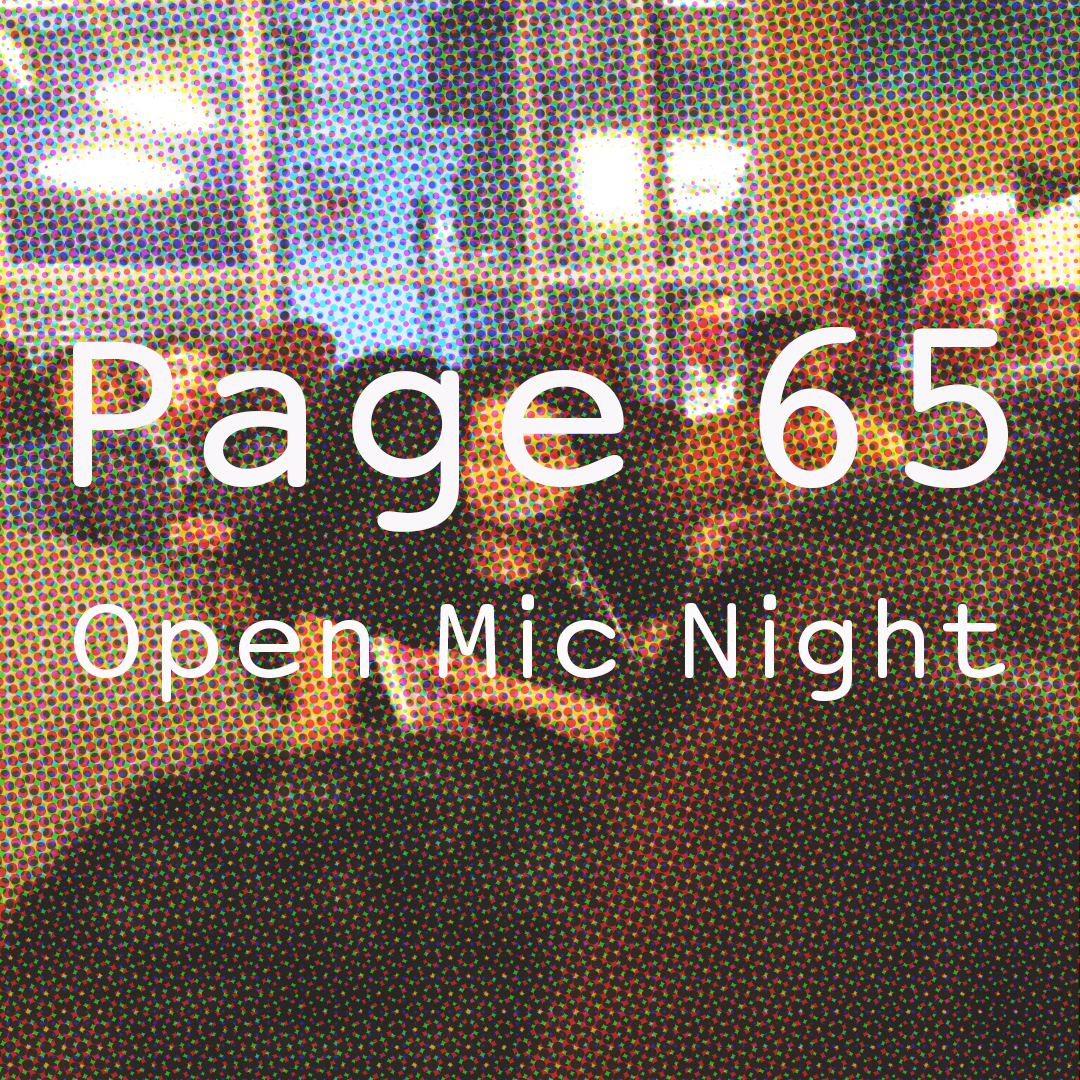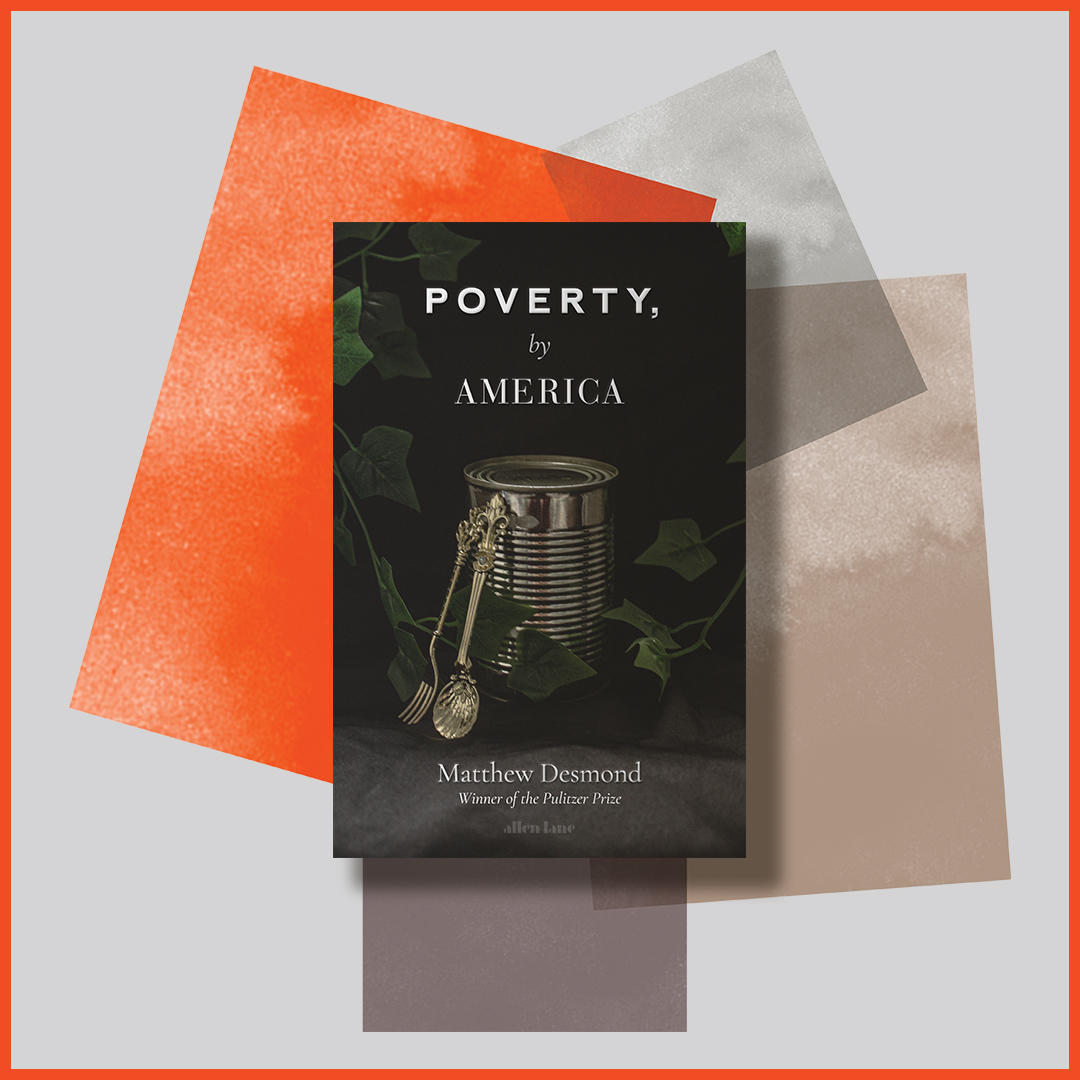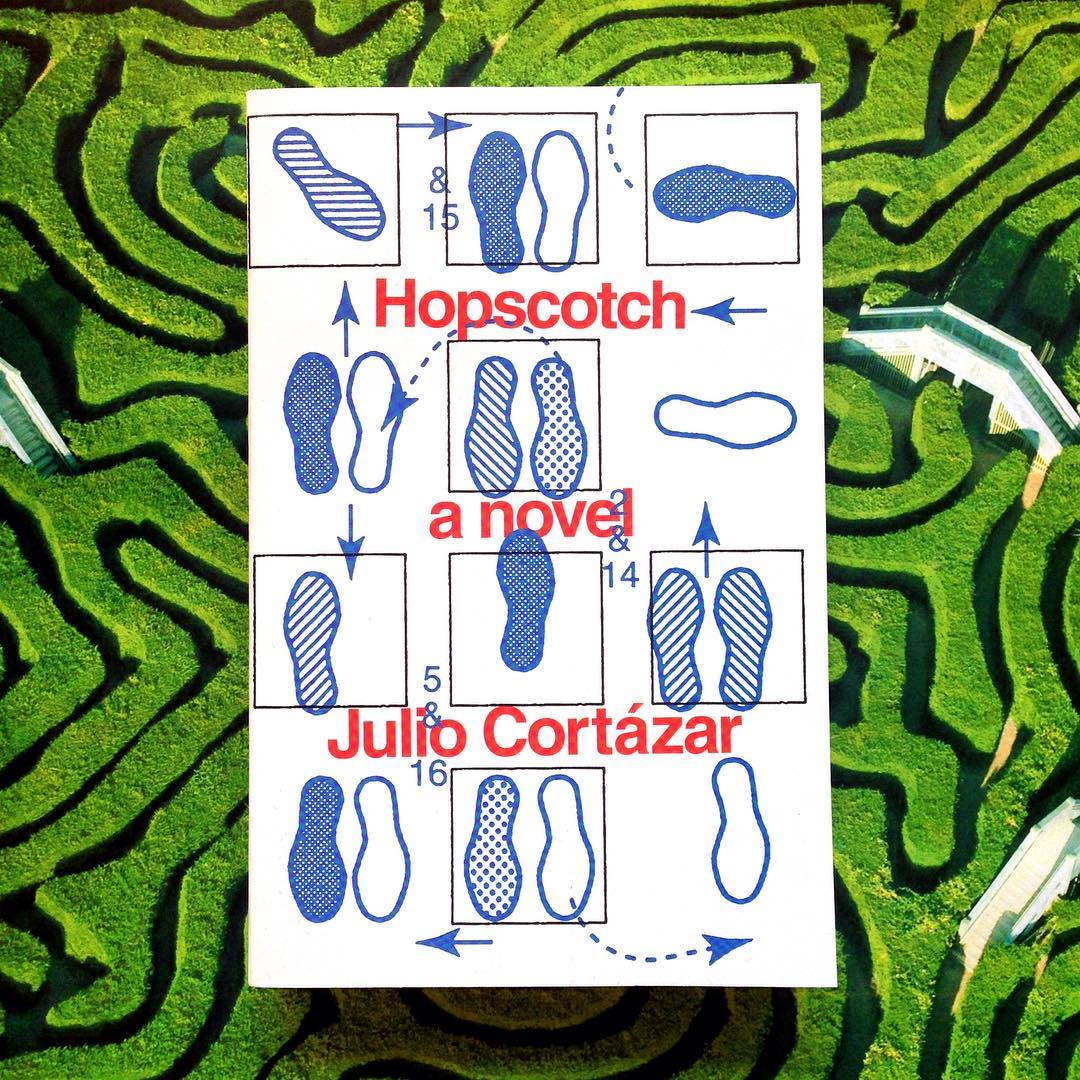
Hopscotch: Julio Cortazar We always find something new and surprising in Cortazar’s brilliant and bizarre novel that uses the game of hopscotch as a template for its jumpy structure. Author David Flusfeder explains for The Independent why, for him, it’s a book of a lifetime: “Hopscotch (originally published in 1963; translated into English in 1966) is probably a young person’s book. Argentinian émigrés in 1950s Paris have long arguments about art and philosophy. It rains. They fall in and out of love to a jazz soundtrack. The book itself is in love with the modern city and chance collisions. The narrator returns home and disintegrates over the course of the increasingly fragmented novel, whose form provides a more reliable cohesion than consciousness. … There’s an exhilaration of structure, a deadpan formal playfulness that still thrills. And while the young-man yearning doesn’t have the same significance for me now as when I first picked it up, I still love Hopscotch. It’s the book that taught me most about reading. And, not entirely coincidentally, it’s the book that made me realise I was going to become a writer
-
Hopscotch: Julio Cortazar
We always find something new and surprising in Cortazar’s brilliant and bizarre novel that uses the game of hopscotch as a
template for its jumpy structure.
Author David Flusfeder explains for The Independent why, for him, it’s a book of a lifetime: “Hopscotch (originally published in 1963; translated into English in 1966) is probably a young person’s book. Argentinian émigrés in 1950s Paris have long arguments about art and philosophy. It rains. They fall in and out of love to a jazz soundtrack. The book itself is in love with the modern city and chance collisions. The narrator returns home and disintegrates over the course of the increasingly fragmented novel, whose form provides a more reliable cohesion than consciousness.
…
There’s an exhilaration of structure, a deadpan formal playfulness that still thrills. And while the young-man yearning doesn’t have the same significance for me now as when I first picked it up, I still love Hopscotch. It’s the book that taught me most about reading. And, not entirely coincidentally, it’s the book that made me realise I was going to become a writer.” #libreriarecommends #libtryptich #independentreviews #juliocortazar #amazingbookmazes
Hopscotch: Julio Cortazar
We always find something new and surprising in Cortazar’s brilliant and bizarre novel that uses the game of hopscotch as a
template for its jumpy structure.
Author David Flusfeder explains for The Independent why, for him, it’s a book of a lifetime: “Hopscotch (originally published in 1963; translated into English in 1966) is probably a young person’s book. Argentinian émigrés in 1950s Paris have long arguments about art and philosophy. It rains. They fall in and out of love to a jazz soundtrack. The book itself is in love with the modern city and chance collisions. The narrator returns home and disintegrates over the course of the increasingly fragmented novel, whose form provides a more reliable cohesion than consciousness.
…
There’s an exhilaration of structure, a deadpan formal playfulness that still thrills. And while the young-man yearning doesn’t have the same significance for me now as when I first picked it up, I still love Hopscotch. It’s the book that taught me most about reading. And, not entirely coincidentally, it’s the book that made me realise I was going to become a writer.” #libreriarecommends #libtryptich #independentreviews #juliocortazar #amazingbookmazes


